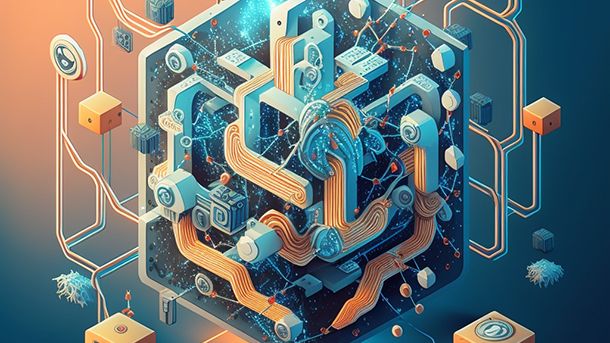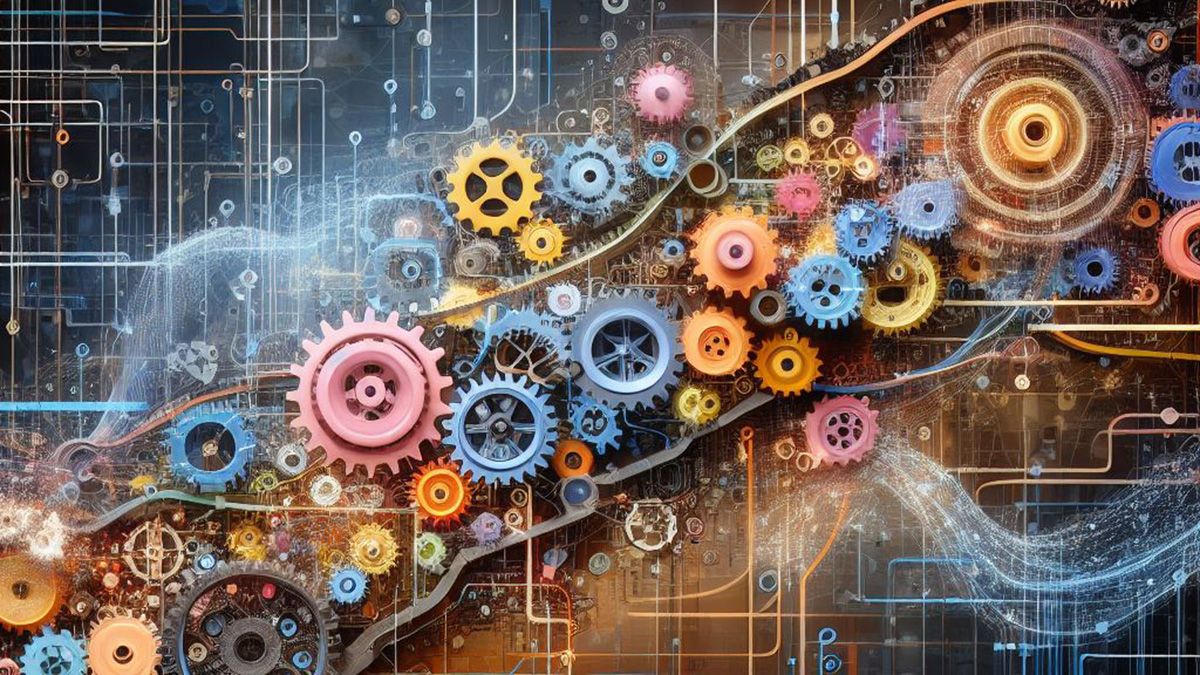Artificial Intelligence (AI)
Artificial Intelligence (AI) is a branch of computer science that focuses on the development of computer systems and software capable of performing tasks that typically require human intelligence. These tasks include problem-solving, learning, reasoning, perception, language understanding, and decision-making.
-
Machine Learning: A significant part of AI is machine learning, where algorithms and models are used to enable computers to learn from data and improve their performance over time.
-
Types of AI: AI can be categorized into three main types: narrow or weak AI, which is designed for specific tasks; general or strong AI, which has human-level intelligence and can perform any intellectual task; and artificial superintelligence, which surpasses human intelligence.
-
Applications: AI has a wide range of applications, including natural language processing (NLP), computer vision, robotics, healthcare, autonomous vehicles, finance, and more.
-
Deep Learning: Deep learning is a subset of machine learning that involves artificial neural networks and is responsible for many recent AI advancements, including image and speech recognition.
-
Cognitive Computing: Cognitive computing systems, like IBM's Watson, aim to mimic human thought processes and are used in complex decision-making scenarios.
-
AI Ethics: The ethical implications of AI, such as privacy, bias, and the impact on jobs, are important topics of discussion in the AI community.
-
AI in Business: AI is increasingly used in business for tasks like data analysis, customer service chatbots, and personalization of user experiences.
-
Natural Language Processing (NLP): NLP is a subfield of AI that focuses on enabling computers to understand, interpret, and generate human language.
-
Computer Vision: Computer vision involves teaching machines to interpret and understand visual information from the world, which is crucial for applications like facial recognition and autonomous vehicles.
-
AI and Automation: AI is often associated with automation, as it can perform tasks more efficiently and accurately than humans in certain contexts.
-
AI Research: AI research is ongoing, with experts exploring ways to make AI systems more capable, ethical, and safe.
-
AI and Robotics: AI is integrated into robotics to enable robots to perform complex tasks, such as assembly, navigation, and even surgery.
-
AI and Healthcare: AI is used in healthcare for diagnostic purposes, drug discovery, personalized medicine, and patient care.
-
AI in Entertainment: AI is used in the entertainment industry for content recommendation, video game design, and special effects.
-
AI in Security: AI plays a role in cybersecurity, helping to detect and prevent threats and breaches.
AI has the potential to transform many aspects of our lives and industries, making it one of the most significant technological advancements of the 21st century. However, it also raises important ethical and societal questions, which need to be carefully considered as AI continues to advance.












